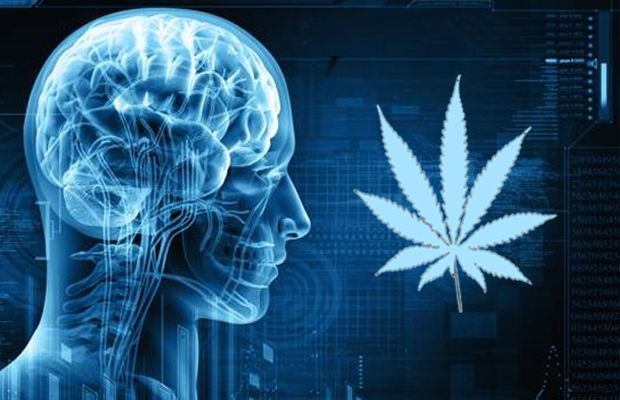Cannabis could help ease migraine, researchers say
In November, a study published in the Journal of Pain demonstrated a major reduction in headache and migraine symptoms among individuals who consume cannabis as a treatment. A total of 1,959 anonymous adult subjects provided self-reported data for the study on cannabis for migraine, which stretched over 16 months.
Researchers from Washington State University worked as a team to conduct the investigation, which saw them monitor the after-effects of using cannabis in two different forms; smokable raw cannabis flower and cannabis concentrates. According to the researchers, consuming cannabis in its smokable form successfully minimized the pain and duration of migraines by almost 50 percent.
Study on cannabis for migraine: Headache severity reduced after patients used medical cannabis
Following medical cannabis use, patients experienced less migraine-related discomfort. Two of the plant’s primary active cannabinoids were focused on – the psychoactive component (THC) and the non-psychoactive substance cannabidiol (CBD).
“Severe headache episodes are associated with greater reductions in headache severity,” say the researchers.
However, the team noted that the efficacy of medical cannabis wasn’t dependent on the strain, dosage or the cannabinoid ratio. Their findings suggest that cannabis’ pain-relieving effects for migraine sufferers may be occurring for reasons other than what researchers initially believed; concentration and cannabinoid ratio.
“Results indicate that cannabis reduces migraine severity regardless of the type, dose, THC or CBD content,” wrote the researchers.
Cannabis concentrate had a stronger effect than cannabis flower
When the cannabis was consumed in smokable, flower form, patients required increased doses. Conversely, migraine patients who used cannabis concentrate actually reduced their dosage as time progressed. The researchers attributed these results to “evidence that other phytocannabinoids and terpenes present in cannabis flower are reduced in some concentrates.”
What this means is that people with migraines who use cannabis flower or cannabis concentrate may experience different pain-relieving effects because of “a differential ‘dialing in’ process between those who use flower and those who use concentrates,” as described by the researchers.
Summary of Washington State University’s study on cannabis for migraine
The findings of this study on cannabis for migraine pain conclude that concentrated forms of cannabis tend to provide heightened pain relief; as opposed to cannabis flower. No risk of overdose was reported by the participants.
Currently, no other research has been released on the therapeutic effects of consuming cannabis concentrates, with the authors stating that their discovery is “entirely novel.” The team is hopeful that more in-depth studies will be given the go-ahead in the foreseeable future and, consequently, paint a better picture on the subject of cannabis for migraine.








